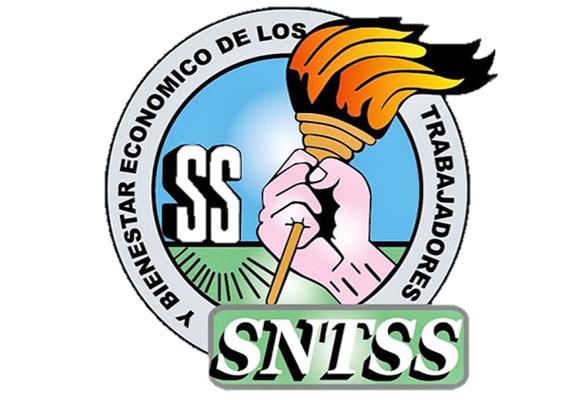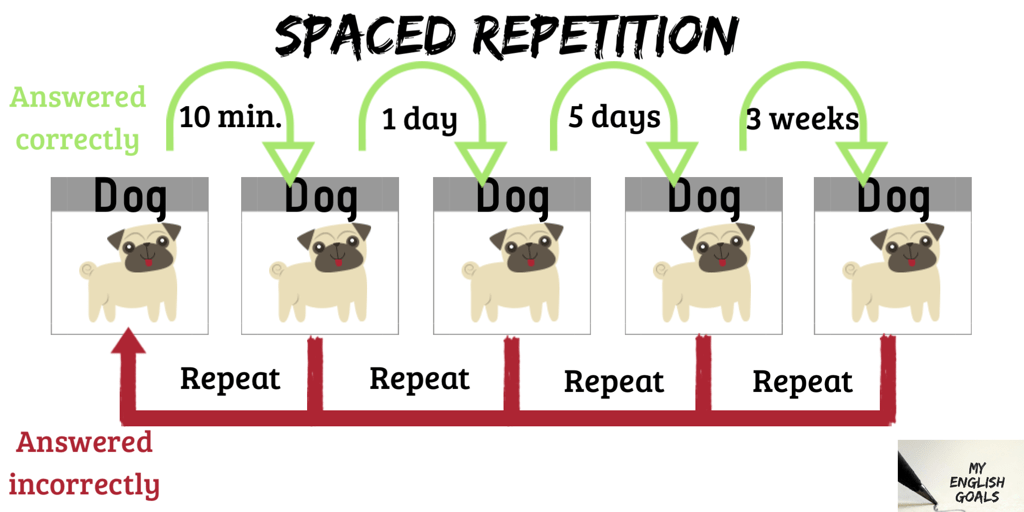
" NATIONAL CENTRE FOR TRADE UNION EDUCATION AND TRAINING“
BASIC A ENGLISH COURSE
E.T.: LILIANA MENA ZÙÑIGA
WELCOME
The NATIONAL CENTER FOR EDUCATION AND TECHNICAL TRAINING gives the warmest welcome to all the workers and beneficiaries of theMEXICAN SOCIAL SECURITY INSTITUTE and NATIONAL UNION OF SOCIAL SECURITY WORKERS to the basic English course taught by your Professor Liliana Mena Zùñiga


THE ENGLISH LANGUAGE IS A FUNCTIONAL TOOL FOR ALL AREAS AND CIRCUMSTANCES, REGARDLESS OF AGE LIMIT.
Let's start this way !
Click on the image to access your diagnostic test.
Additional information about some strateies to successfully learn English
Picture yourself by the end of this year...
Imagine all that you will have learned, all that will have changed in your life. Can you imagine speaking English at the end of this year? You can get it, even if you are a beginner of English.
This might be the reason why you can't retain vocabulary in English... unitl Now!
It happens to all of us. We learn a word, we go over it to memorize it, but then, just when we need it, it doesn't come to mind and we go blank. Why don't you retain vocabulary, and how can you fix this problem?
The way we memorize is not the correct one.
Surely you know that one of the easiest and most common memorization techniques is repetition. We learn a word and review it again and again until it stays in our memory.
But it is not enough. For example, imagine that you write a vocabulary word in your notebook and go through it every day for an entire week. After a week you will surely remember it, and maybe after a month. But after several months or a year?
repetition works!!! If we keep on doing it on the same word.
The moment we stop reviewing or using a word, we begin to forget it and need more time to remember it. This causes us to speak slower or go blank.
How can we overcome this problem?
The Solution: Spaced Repetition
I present the technique of "spaced repetition". The difference between this technique and normal repetition is that you will always keep going over the words, but less and less frequently. For example, when you learn a new word, schedule the review like this to memorize it:
- DAY 1: Review - if you remember it, repeat it tomorrow
- DAY AFTER: if you still remember it, repeat it in 3 days
- 3 DAYS LATER: if you remember it, repeat it in 1 week
- 1 WEEK LATER: if you remember it, repeat it in 2 weeks
- 2 WEEKS LATER: if you remember it, you repeat it in 1 month
- etc.
As you can see, with each review you extend the date until the next review (you are "spacing" the repetitions). So you don't have to go over the same word every day, and little by little you train your mind to retain the word permanently.

If you think it's a lot of management to schedule such a study, don't worry. There are applications that schedule your studies automatically. A highly recommended app is «Anki«.
To use Anki, you simply add the word with its definition or translation, and Anki takes care of teaching you the word at the right time. It will show you the word less often whenever you remember it well, and more often when you don't remember it.


